


119 Posts
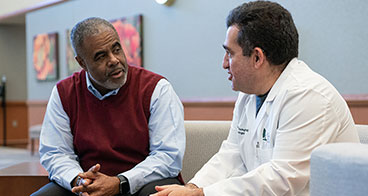
February 9, 2022
Why men get cancer more than women and how they can manage their riskDoctors have known for decades that men are more likely to develop cancer than women. Now they may know why.
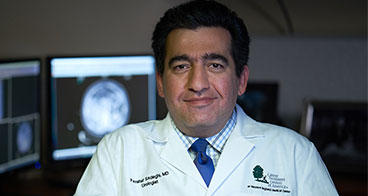
January 12, 2022
Your prostate cancer search questions answeredWith the help of Dr. Farshid Sadeghi, Medical Director of Genitourinary Center at CTCA Phoenix, we’ll answer some of the most-asked prostate cancer questions on Google.

October 13, 2021
Weight loss may reduce cancer risk, but beware of fad dietsGood nutrition and a healthy weight may help cancer patients better tolerate treatments and reduce the risk of a recurrence. Losing weight may also reduce the risk of many cancers that have been linked to obesity.
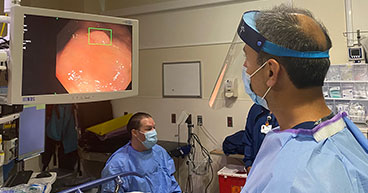
September 22, 2021
GI Genius arms doctors with new tool to help detect colorectal cancerDr. Toufic Kachaamy uses GI Genius, a new tool that leverages artificial intelligence to help doctors more clearly and quickly identify polyps, or lesions in the colon.
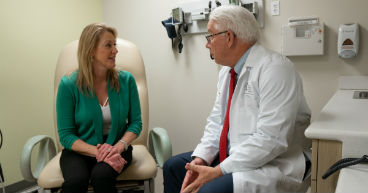
September 1, 2021
Gynecologic oncology offers women expert careA gynecologic oncologist is trained to diagnose and treat female reproductive cancers.
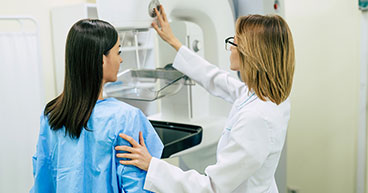
August 18, 2021
Traditional vs. 3D mammography: Which is better for you?The development of a 3D-like mammogram, called digital breast tomosynthesis (DBT), has been a major advancement for cancer detection.

July 29, 2021
How one patient is helping departments reduce firefighters’ cancer riskFirefighter and cancer survivor Jason Shivers is helping to make changes to reduce firefighters' cancer risks.
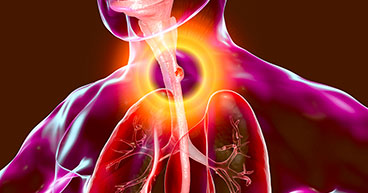
July 21, 2021
Who should get an esophageal cancer screening? What patients need to knowAre you at high risk for esophageal cancer? If so, you may benefit from esophageal cancer screening. Find out what it is and who it's for here.
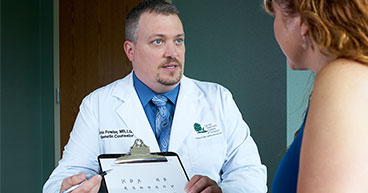
July 7, 2021
A genetic counselor weighs in on genetic testing for breast cancerWho should get genetic testing for breast cancer? What are the pros and cons? This article answers your questions.
Guidelines
The information contained in this blog is not intended nor implied to be a substitute for professional medical advice. Always seek the advice of your physician or other qualified health provider prior to starting any new treatment or with any questions you may have regarding a medical condition. Nothing contained in the blog is intended to be used for medical diagnosis or treatment of any illness, condition or disease.